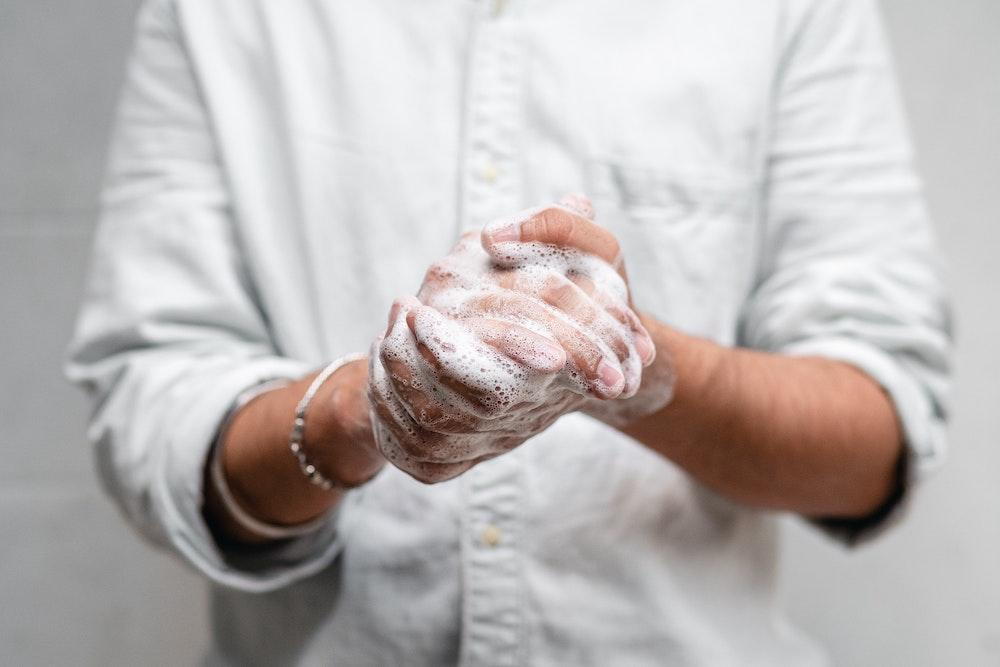Dry Hands Due to Increased Handwashing

Dry Hands Due to Increased Handwashing
The COVID-19 pandemic has now been here for over 2 years. The CDC has recommended increasing handwashing to reduce the spread of infection, not only of COVID-19, but other viral infections as well. The increased handwashing has led to dry, irritated skin that affect many people. This is a problem especially here in the Greater Salt Lake and Utah in general, where we already deal with skin issues secondary to the dry climate. Frequent handwashing can cause dry skin that can flake, itch, crack or even bleed. This can increase your risk for open wounds, which can then lead to further infections by allowing germs to enter the open areas. However, it is recommended to continue to handwash with appropriate precautions, despite the dryness, to prevent infections from harmful bacteria and viruses.
Some helpful recommendations:
- Wash your hands according to CDC recommendations: Wet your hands, lather, and scrub for at least 20 seconds before rinsing. We recommend lukewarm water, as opposed to hot water which can worsen dryness
- Make sure there is no residual soap left on the skin
- Gently pat dry your hands and immediately apply an unscented moisturizer, such as Vanicream or Cerave. This will help seal in moisture from handwashing and prevent loss of moisture as the skin dries
- It would be best if the moisturizer label read “fragrance-free” or “dye-free”
- Apply the moisturizer onto fingertips and nails as well
You can also apply a thick, unscented moisturizer on hands for overnight recovery. You can cover your hands with a pair of cotton gloves or socks to lock in the moisturizer overnight.
Hand sanitizer can be very drying. Try to wash your hands with soap and water, instead if possible. A hand sanitizer must contain at least 60% alcohol to kill germs. If you do use hand sanitizer, it is recommended to apply your moisturizer or ointment immediately after the hand sanitizer dries. There is no evidence that hand sanitizer increases your risk for infections.
If you are developing rashes, it is sometimes necessary to perform patch testing. Patch testing will help us identify the trigger for an allergic contact dermatitis. For example, you could be allergic to propylene glycol, which can be found in many products including creams and lotions. Please contact your provider with further questions regarding this testing.
Do you or your family members have skin issues? Allergy Associates of Utah is an allergy, asthma, and immunology specialty clinic serving the greater Salt Lake City, Utah area with 2 convenient locations in Murray and West Jordan. Led by specialists Andrew Smith, MD, MS, and Tara Sarin, MD, the practice strives to help people of all ages and background achieve success. Request an appointment by phone or online at either Allergy Associates of Utah location for expert allergy and immunology care today.
Phone: (801) 263-8700
Phone: (801) 282-8700
 (232 reviews)
(232 reviews)